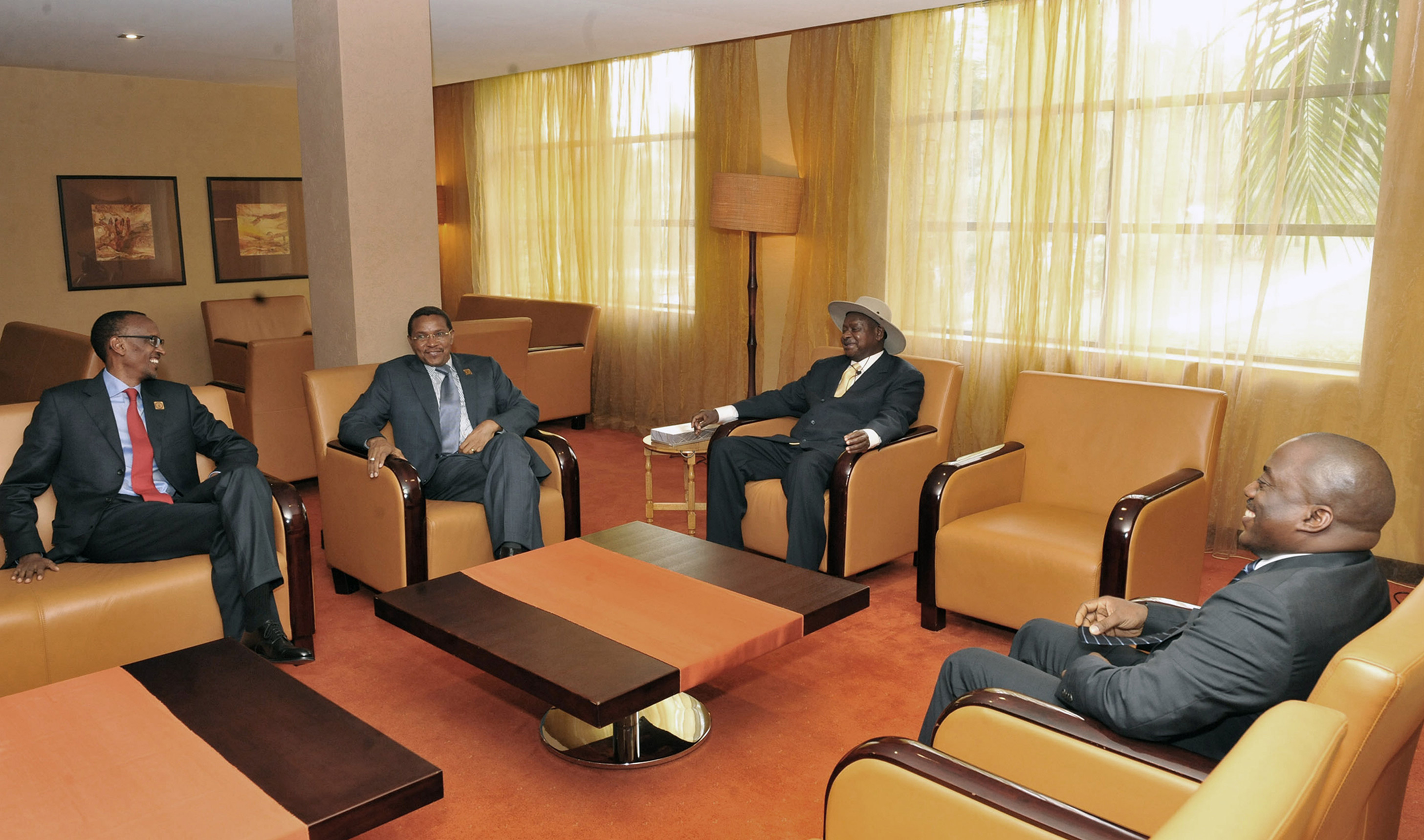
The ongoing conflict in eastern Congo is at a critical turning point, and the risk of renewed international war hangs in the balance. At stake in this struggle between the Congo and the Rwanda-backed M23 rebels is control of the resource-rich provinces of eastern Congo, the survival of the Congolese state, the relationship between Rwanda and its principal donors, and the stability of the entire Great Lakes Region of Africa. A June 2012 United Nations Group of Experts report laid responsibility for the intensification of fighting at Rwanda’s doorstep by demonstrating direct links between the highest levels of government in Rwanda and the M23. Since then, several western governments including the United States have publicly condemned the rebellion and cut or suspended economic assistance to the Rwandan government. However, those cuts have not yet had the intended effect.

